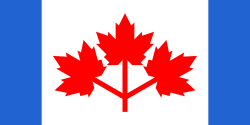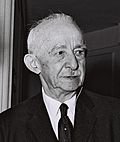| << | June 1964 | >> | ||||
|---|---|---|---|---|---|---|
| Su | Mo | Tu | We | Th | Fr | Sa |
| 1 | 2 | 3 | 4 | 5 | 6 | |
| 7 | 8 | 9 | 10 | 11 | 12 | 13 |
| 14 | 15 | 16 | 17 | 18 | 19 | 20 |
| 21 | 22 | 23 | 24 | 25 | 26 | 27 |
| 28 | 29 | 30 | ||||



The following events occurred in June 1964:
Contents
- June 1, 1964 (Monday)
- June 2, 1964 (Tuesday)
- June 3, 1964 (Wednesday)
- June 4, 1964 (Thursday)
- June 5, 1964 (Friday)
- June 6, 1964 (Saturday)
- June 7, 1964 (Sunday)
- June 8, 1964 (Monday)
- June 9, 1964 (Tuesday)
- June 10, 1964 (Wednesday)
- June 11, 1964 (Thursday)
- June 12, 1964 (Friday)
- June 13, 1964 (Saturday)
- June 14, 1964 (Sunday)
- June 15, 1964 (Monday)
- June 16, 1964 (Tuesday)
- June 17, 1964 (Wednesday)
- June 18, 1964 (Thursday)
- June 19, 1964 (Friday)
- June 20, 1964 (Saturday)
- June 21, 1964 (Sunday)
- June 22, 1964 (Monday)
- June 23, 1964 (Tuesday)
- June 24, 1964 (Wednesday)
- June 25, 1964 (Thursday)
- June 26, 1964 (Friday)
- June 27, 1964 (Saturday)
- June 28, 1964 (Sunday)
- June 29, 1964 (Monday)
- June 30, 1964 (Tuesday)
- References




